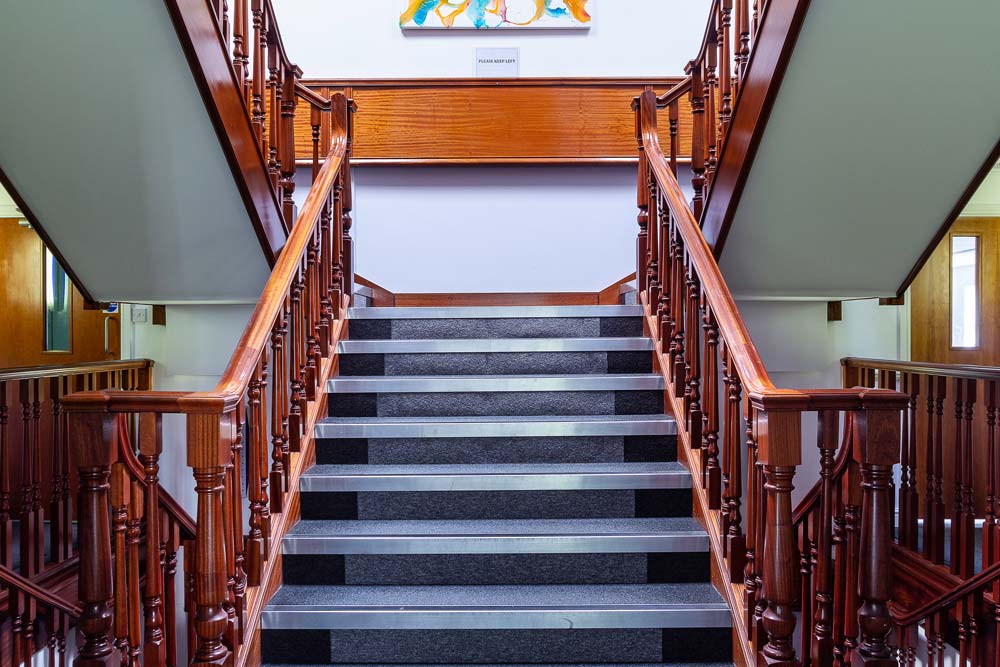A recent study has revealed that people who seek the advice from an independent financial adviser (IFA) are on average £40,000 better off than those who don’t do this. The research has come from leading think-tank the International Longevity Centre, who have stated that both the ‘affluent’ group – wealthier people more likely to own their own homes and have degree-level education – and the ‘just getting by’ group – less wealthy people likely to be living in rented accommodation and have lower levels of education – benefit similarly from the financial advice they seek.
‘Affluent but advised’ customers on average had 17% (£12,363) more liquid assets than those not seeking advice, with an additional 16% (£30,882) in pension wealth on top of this making a total uplift of £43,425. ‘Just getting by but advised’ people were around £39,895 better off than their unadvised counterparts, with 39% (£14,036) more liquid assets and a boost of 21% (£25,859) to their pensions.
The figures were calculated through analysis of UK-wide individual and household asset data during the period from 2001 to 2007, comparing this to the same data from between 2012 and 2014. As well as finding that those seeking advice were better off than those not seeking it, the research also concluded that both the more affluent and the less well off groups also benefited from greater savings and equity investment levels thanks to taking financial advice.
The research also found that nine out of ten of those asked as part of the research were happy with the advice they received, with trust and financial capability being the two main factors which dictated whether people consulted with an IFA. The report, entitled, ‘The Value of Financial Advice’, also recommends that employers should support their workforce through auto-enrolment with advice and a default level of guidance when savers want to access their pension pots.

